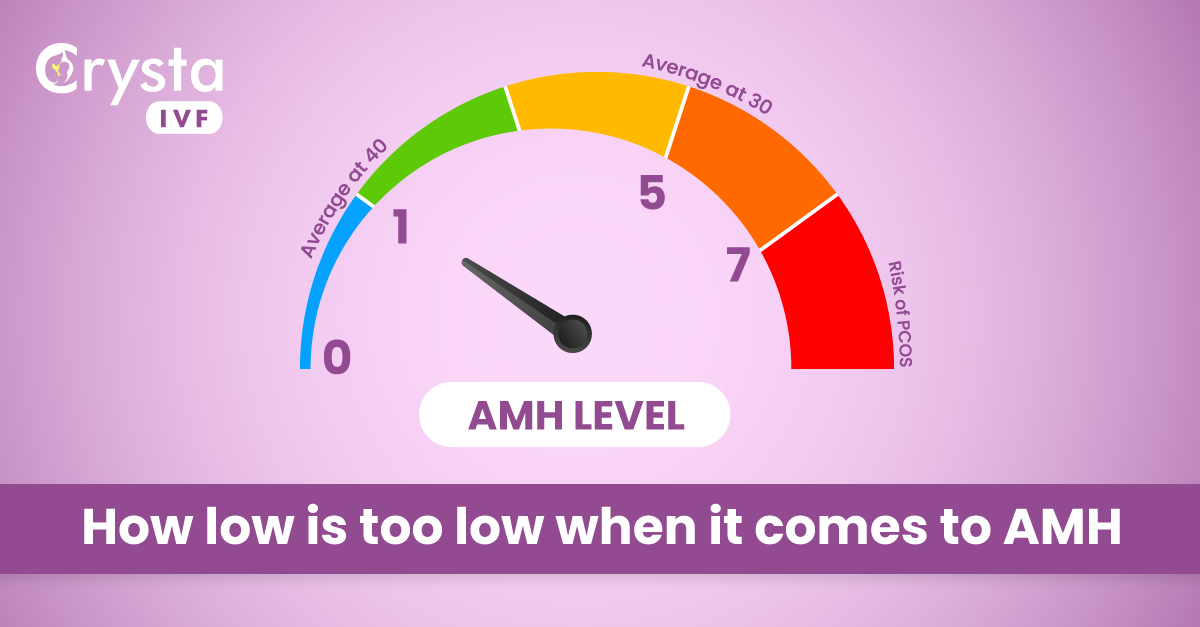Can You Recover from Rheumatoid Arthritis? A Closer Look
Rheumatoid arthritis (RA) is a chronic autoimmune disease that causes inflammation in the joints. While there's no cure for RA, many people with the condition can manage their symptoms and lead fulfilling lives. Let's explore the factors that influence recovery and the available treatment options.
Understanding Rheumatoid Arthritis
Symptoms: Rheumatoid arthritis symptoms can vary from person to person but often include joint pain, swelling, stiffness, fatigue, and limited range of motion.
Progression: RA is a progressive disease, meaning it can worsen over time if left untreated.
Remission: While complete recovery from RA is not possible, many people can achieve remission, where their symptoms are significantly reduced or absent.
Factors Affecting Recovery
Early Diagnosis and Treatment: Early detection and treatment can help slow down the progression of RA and improve long-term outcomes.
Treatment Adherence: Consistently following your doctor's treatment plan is crucial for managing RA symptoms and preventing joint damage.
Lifestyle Modifications: Certain lifestyle changes, such as regular exercise, a healthy diet, and stress management, can help improve overall well-being and reduce the impact of RA.
Genetic Factors: While genetics play a role in RA, they don't determine the severity of the disease or the likelihood of recovery.
Environmental Factors: Some environmental factors, such as smoking and exposure to certain pollutants, may contribute to the development or progression of RA.
Treatment Options
Medications: RA treatments include disease-modifying antirheumatic drugs (DMARDs), corticosteroids, and biological therapies. These medications can help reduce inflammation, relieve pain, and slow down the progression of the disease.
Physical Therapy: Physical therapy can help improve joint function, reduce pain, and maintain strength and flexibility.
Occupational Therapy: Occupational therapy can help individuals with RA adapt to their daily activities and maintain independence.
Surgery: In some cases, surgery may be necessary to correct joint damage or replace severely damaged joints.
Hope for the Future
While there's no cure for RA, ongoing research is leading to advancements in treatment and management. Many people with RA can live active and fulfilling lives by working closely with their healthcare providers and adopting a holistic approach to their care.
Visit: https://crystaivf.com/blogs/ar....thritis-during-pregn


Low AMH Level Causes
Explore the potential causes of low AMH levels, a key indicator of ovarian reserve. Discover the role of age, lifestyle factors, and medical conditions in declining AMH levels. Learn the importance of consulting with a healthcare professional for accurate diagnosis and personalized advice. Visit: https://dailybusinesspost.com/....how-low-is-too-low-w
How do I know if an embryo transfer was successful?
Embryo Transfer: Early Signs of Success
Embryo transfer is a crucial step in many fertility treatments. After the transfer, many women wonder if the procedure was successful. While there's no guarantee, there are some early signs that may indicate a positive outcome.
7 Days After Embryo Transfer Symptoms
Cramps or bloating: These are common symptoms after an embryo transfer and can be similar to menstrual cramps.
Breast tenderness: Hormonal changes after the transfer can cause breast tenderness or soreness.
Fatigue: Feeling tired or fatigued is also a common symptom.
Mood swings: Hormonal fluctuations can lead to mood swings or irritability.
Spotting: Some women may experience light spotting or bleeding after an embryo transfer.
Important Note: These symptoms are not exclusive to pregnancy. Many of these symptoms can also occur before or during your menstrual cycle.
Early Signs of Success
While the above symptoms can be encouraging, they are not definitive signs of pregnancy. Some women may experience these symptoms even if the embryo transfer was unsuccessful.
When to Take a Pregnancy Test
Most doctors recommend waiting at least 10–14 days after an embryo transfer before taking a pregnancy test. This allows enough time for the body to produce enough hCG, the hormone that pregnancy tests detect.
Additional Signs of Success
If the embryo transfer is successful, you may experience additional symptoms such as:
Nausea or vomiting: Morning sickness is a common early symptom of pregnancy.
Increased urination: As your body adjusts to pregnancy, you may find yourself urinating more frequently.
Food aversions or cravings: Hormonal changes can lead to changes in your appetite and taste preferences.
Visit: https://crystaivf.com/blogs/po....sitive-signs-after-e
PGT Test Cost
Discover the cost of PGT tests and find reliable labs offering this essential genetic screening. Get informed about PGT procedures and their importance in family planning. The cost of PGT test can vary depending on several factors like centre location, transportation. Visit: http://www.apsense.com/article..../preimplantation-gen
PGT Test Cost
Discover the cost of PGT tests and find reliable labs offering this essential genetic screening. Get informed about PGT procedures and their importance in family planning. The cost of PGT test can vary depending on several factors like centre location, transportation. Visit: http://www.apsense.com/article..../preimplantation-gen
If you or anyone you know finds it difficult to conceive then you have to visit the best ivf centre in delhi. At Crysta IVF you will have all the infertility solutions like IVF, IUI, ICSI, etc. We have the most experienced health experts and advanced labs. Our staff is very friendly and polite and are ready to assist you. We are also providing IVF packages at zero cost EMI to those patients who can’t afford the IVF treatment.




